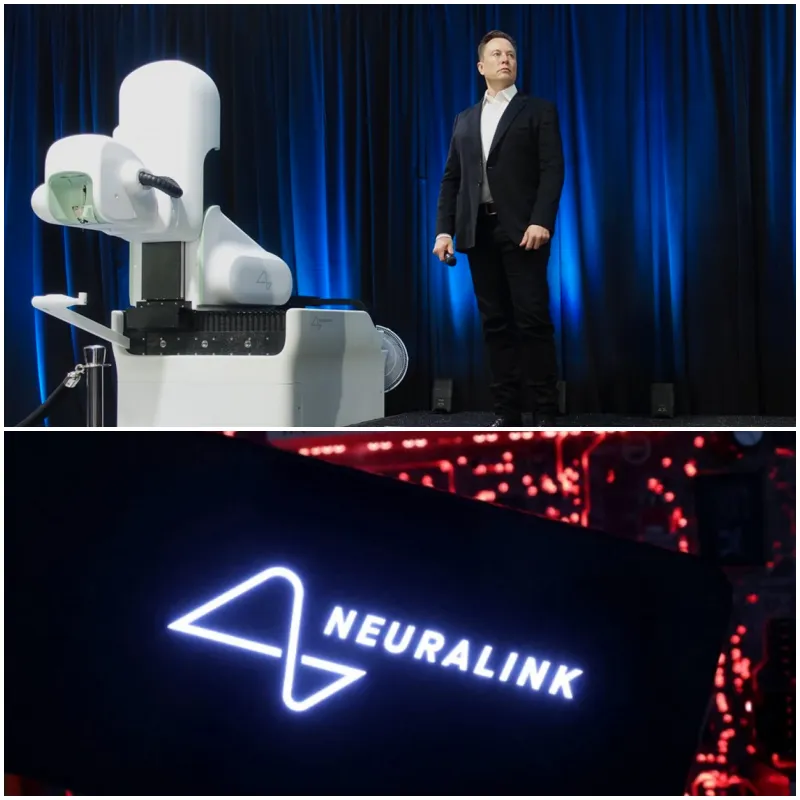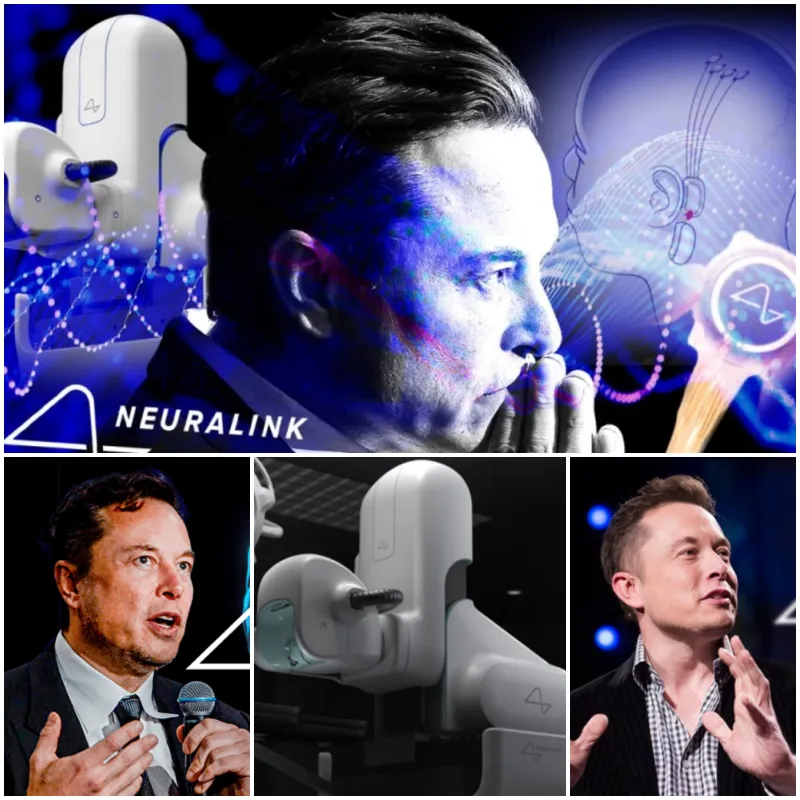Elon Musk’s Neuralink is approved brain implant testing in the US and Canada
Neuralink, the brain-implant company founded by Elon Musk, has received regulatory approval to conduct brain implant trials in the United States and Canada. With this development, Neuralink aims to advance the frontier of brain-computer interface (BCI) technology, potentially transforming medical science and improving the lives of individuals with disabilities.
PRIME Research Initiative
Neuralink’s new research program, named PRIME (Precise Robotically Implanted Brain-Computer Interface), focuses on testing the safety and efficacy of its groundbreaking wireless brain-computer interface. A core component of the study is its advanced robotic surgical system, which ensures precise implantation.
The trials specifically target patients with quadriplegia, enabling them to control external devices such as computers using only their thoughts. According to Neuralink, PRIME’s objectives include enhancing the accessibility of these technologies while validating their real-world benefits.
Milestones in the United States
Neuralink’s technology has already demonstrated promising results in the United States, where two patients have undergone successful device implantation.
- One patient used the system to play video games, browse the internet, post on social media, and control a laptop cursor, showcasing its versatility.
- The second patient mastered skills such as 3D object design, highlighting the interface’s potential for professional applications.
These achievements underscore the transformative power of Neuralink’s brain implants, which enable users to bridge the gap between thought and action seamlessly.

Expansion into Canada
In a significant milestone, Neuralink recently obtained approval from Health Canada to conduct trials in the country. Neurosurgeons are now recruiting six quadriplegic patients for participation. This marks the company’s first international trial and a step toward global expansion.
The Canadian trials aim to replicate and build on the successes observed in the U.S., further validating the system’s safety and effectiveness.
Broader Implications for Medicine
While the immediate focus is on restoring mobility and communication for individuals with paralysis, Neuralink’s technology holds immense promise for a wide range of medical applications. Potential future uses include:
- Treating neurodegenerative disorders such as ALS and Parkinson’s disease.
- Assisting in the management of mental health conditions like depression and PTSD.
- Enhancing rehabilitation for stroke survivors and others with brain injuries.
These possibilities place Neuralink at the forefront of neurotechnology, a field that merges medicine with cutting-edge innovation.
Strategic Vision for Global Impact
Neuralink’s recent trials demonstrate Elon Musk’s commitment to creating transformative solutions. The company’s approval to operate in Canada signals its intent to bring its technology to a broader audience, making it a leader in brain-machine interface technology.

Challenges and Opportunities
Despite its breakthroughs, Neuralink faces challenges in proving its technology’s long-term safety, scalability, and ethical implications. However, the overwhelming potential to improve lives and reshape medical practices provides a strong incentive for continued development and collaboration with regulatory bodies.
A New Era for Assistive Technology
Neuralink’s brain-implant trials represent a critical step toward redefining human-machine interaction. By empowering individuals with disabilities to control devices through thought alone, Neuralink is not just building a product—it is pioneering a movement.
As the trials expand and the company refines its technology, the potential applications of this innovation may soon extend beyond medicine, reshaping industries and elevating the quality of life for millions worldwide.


